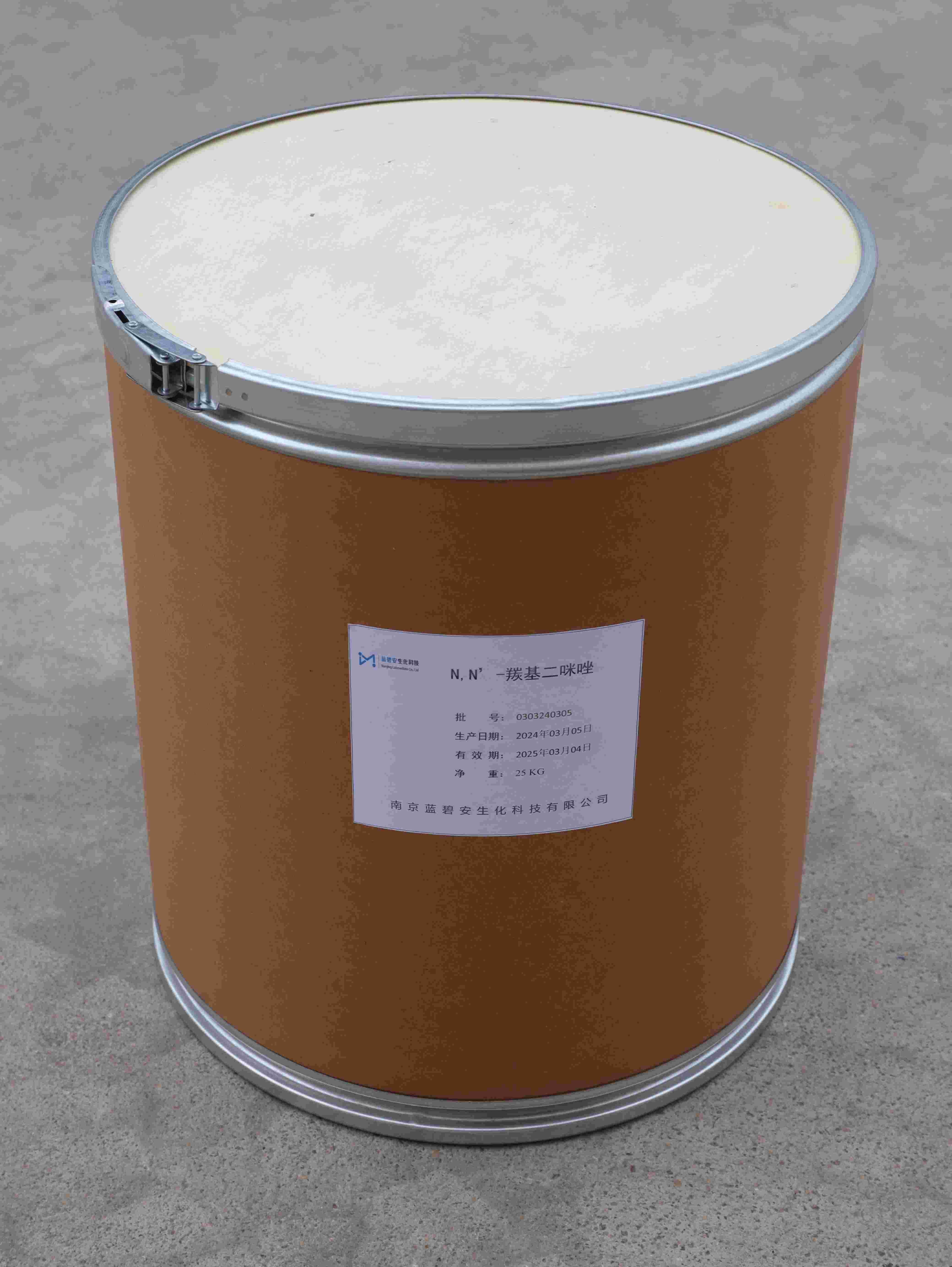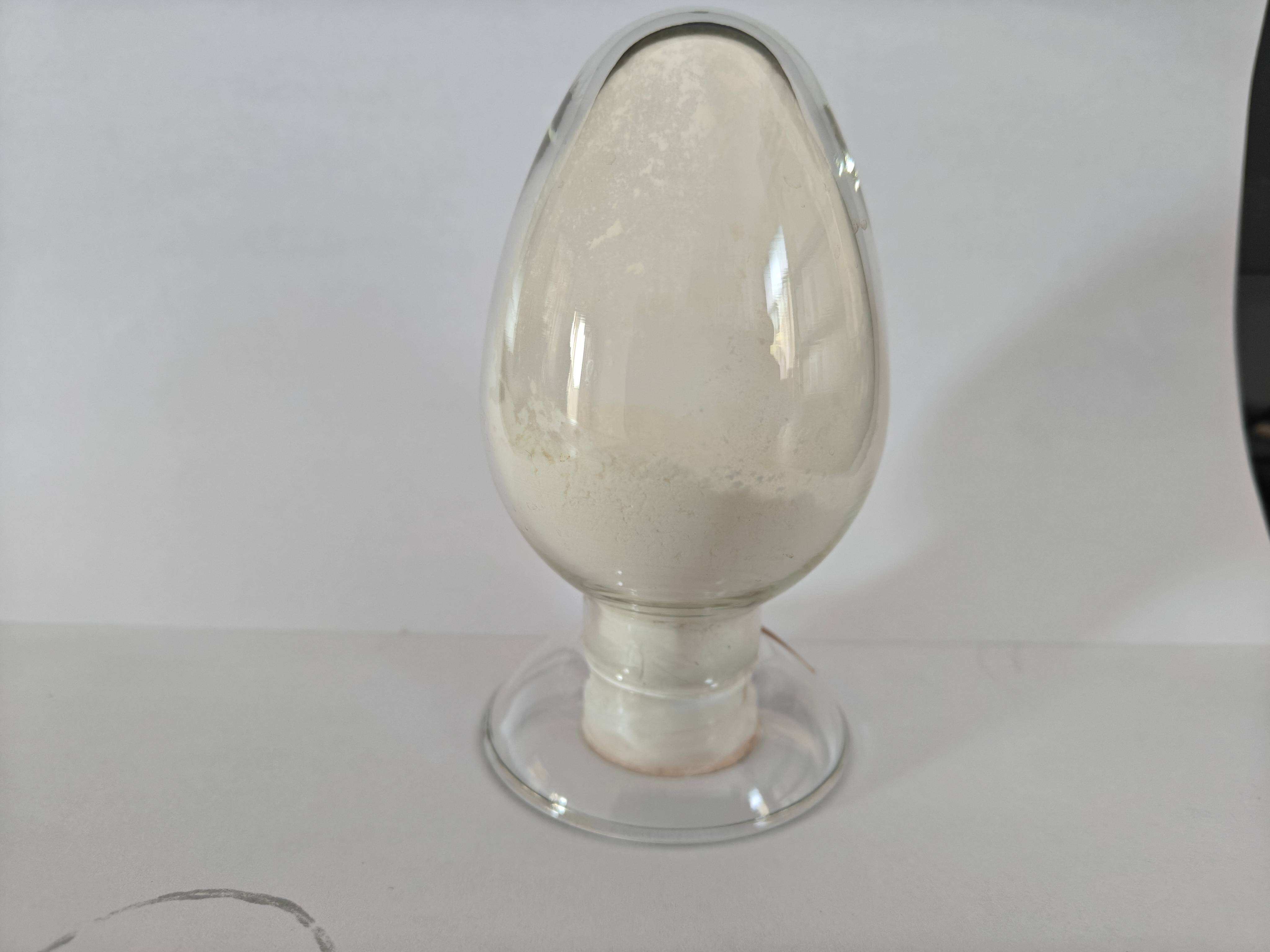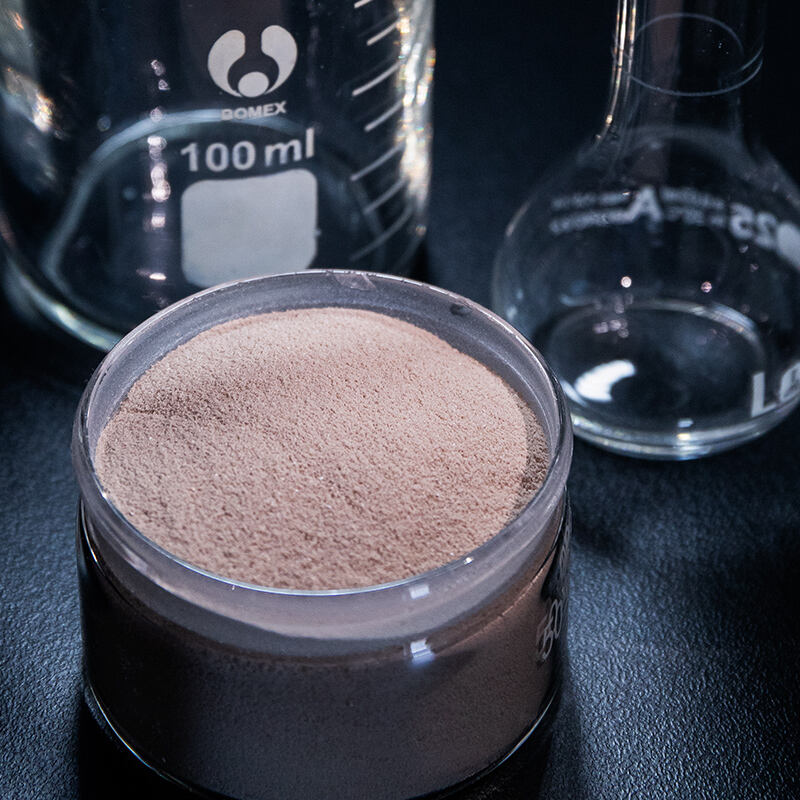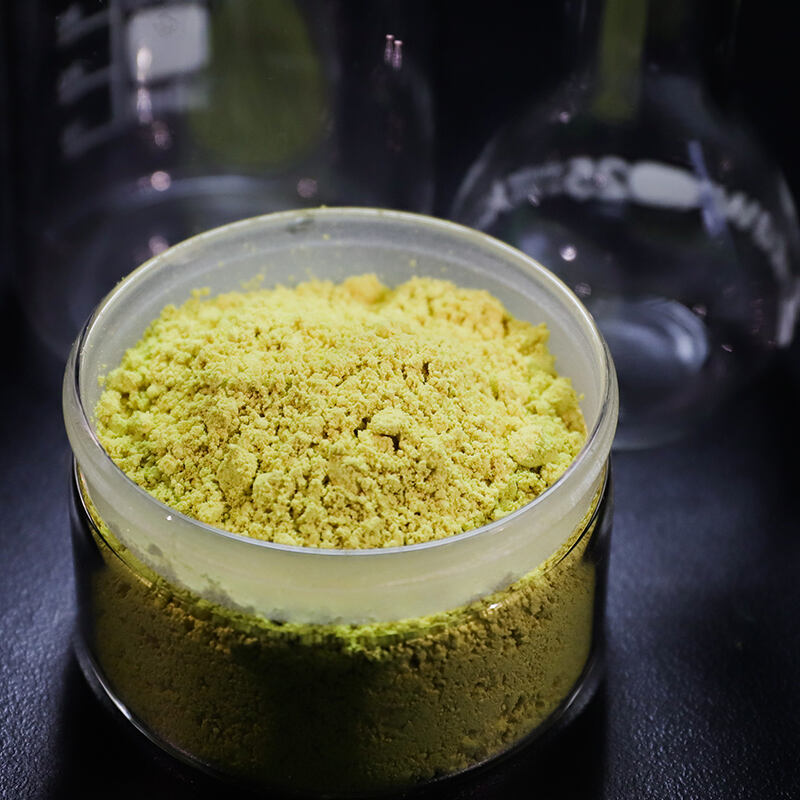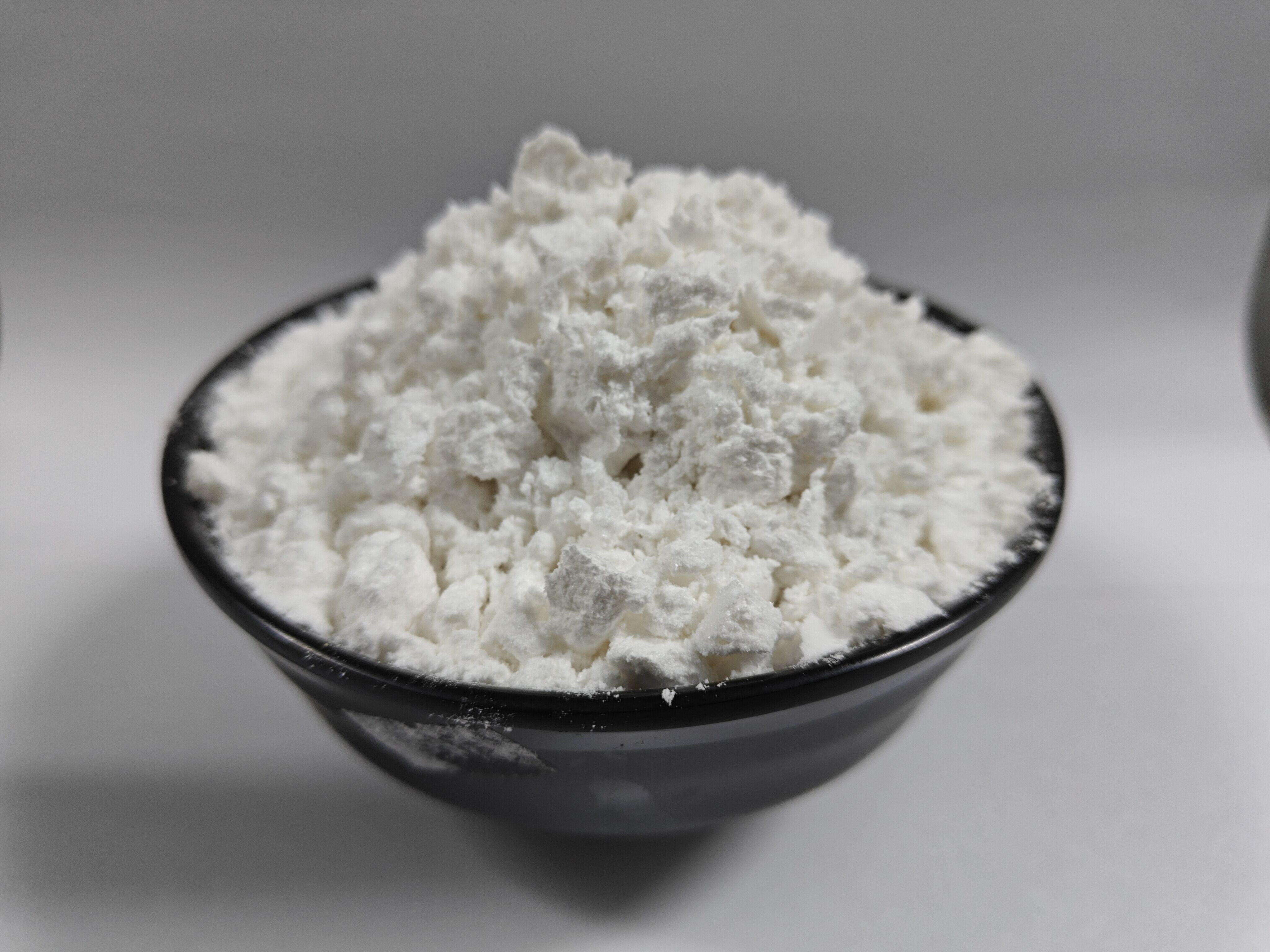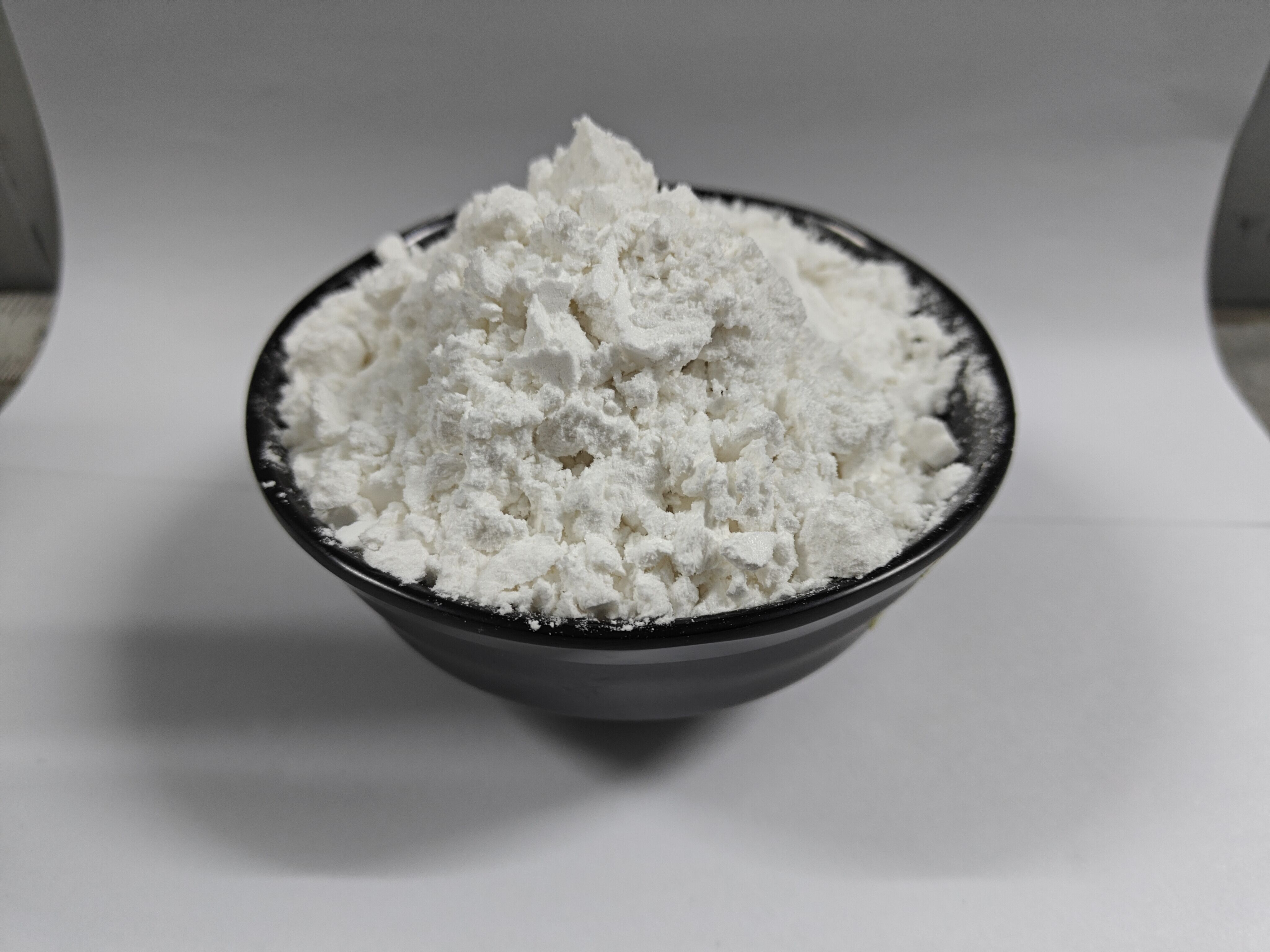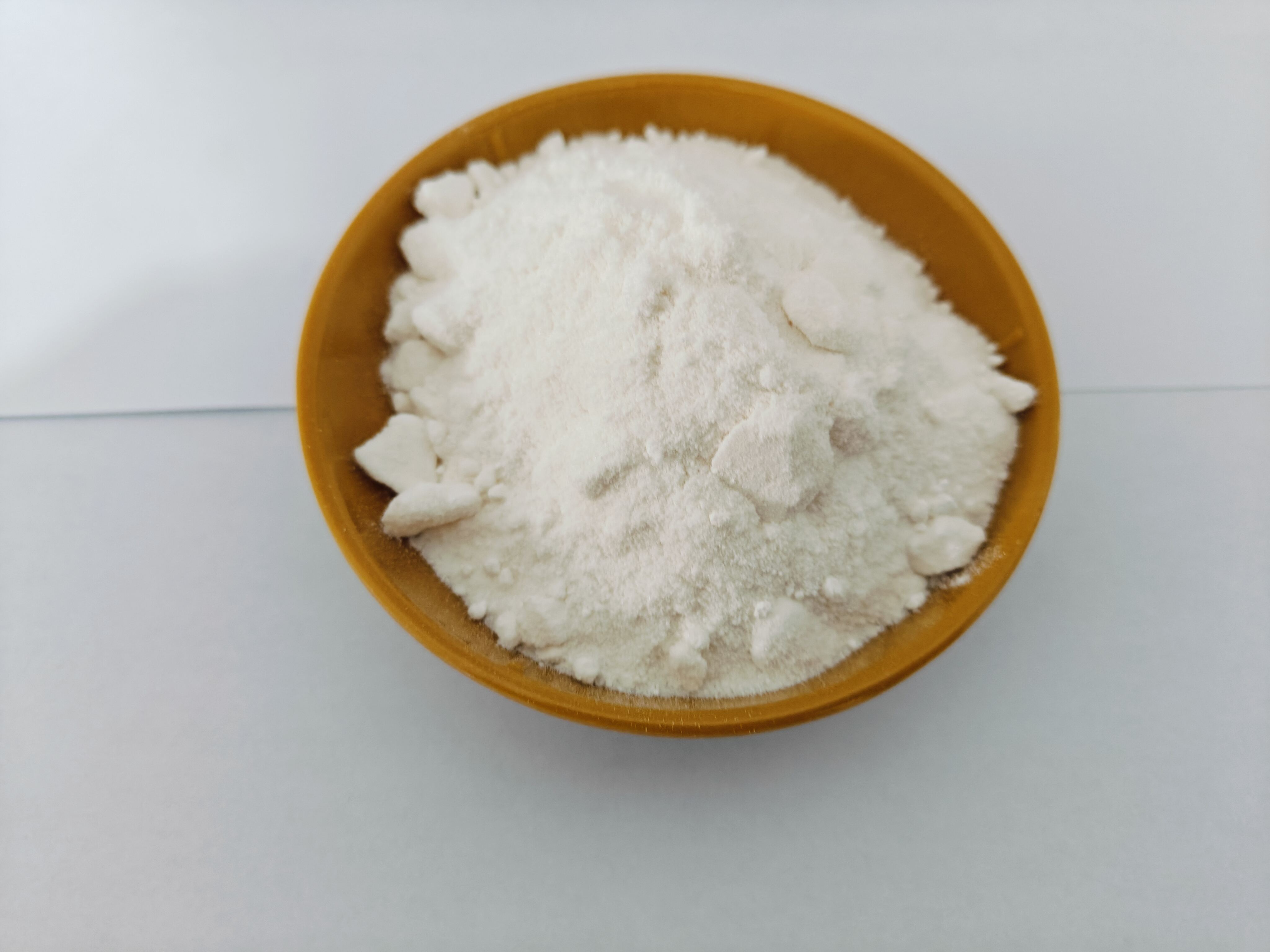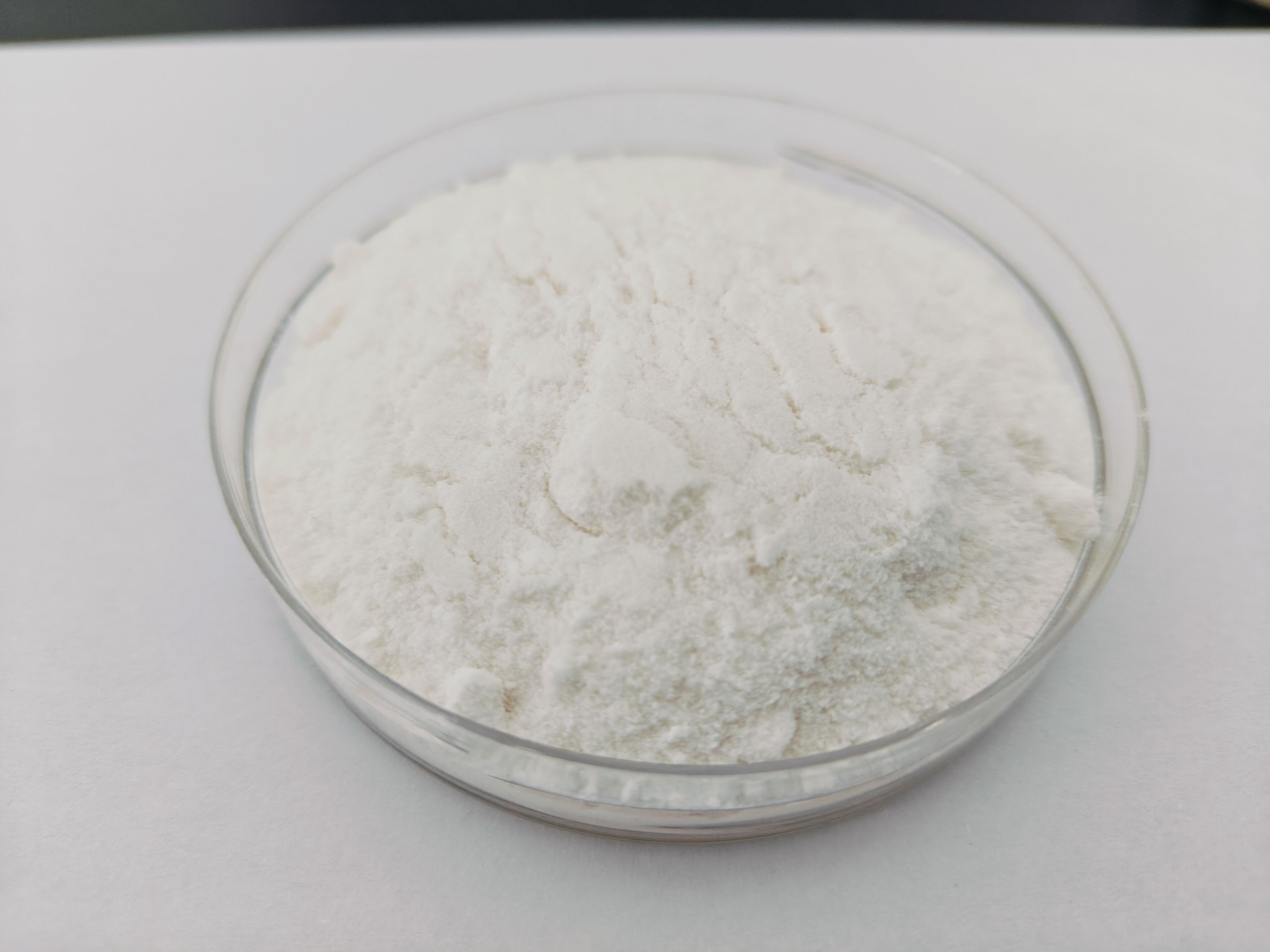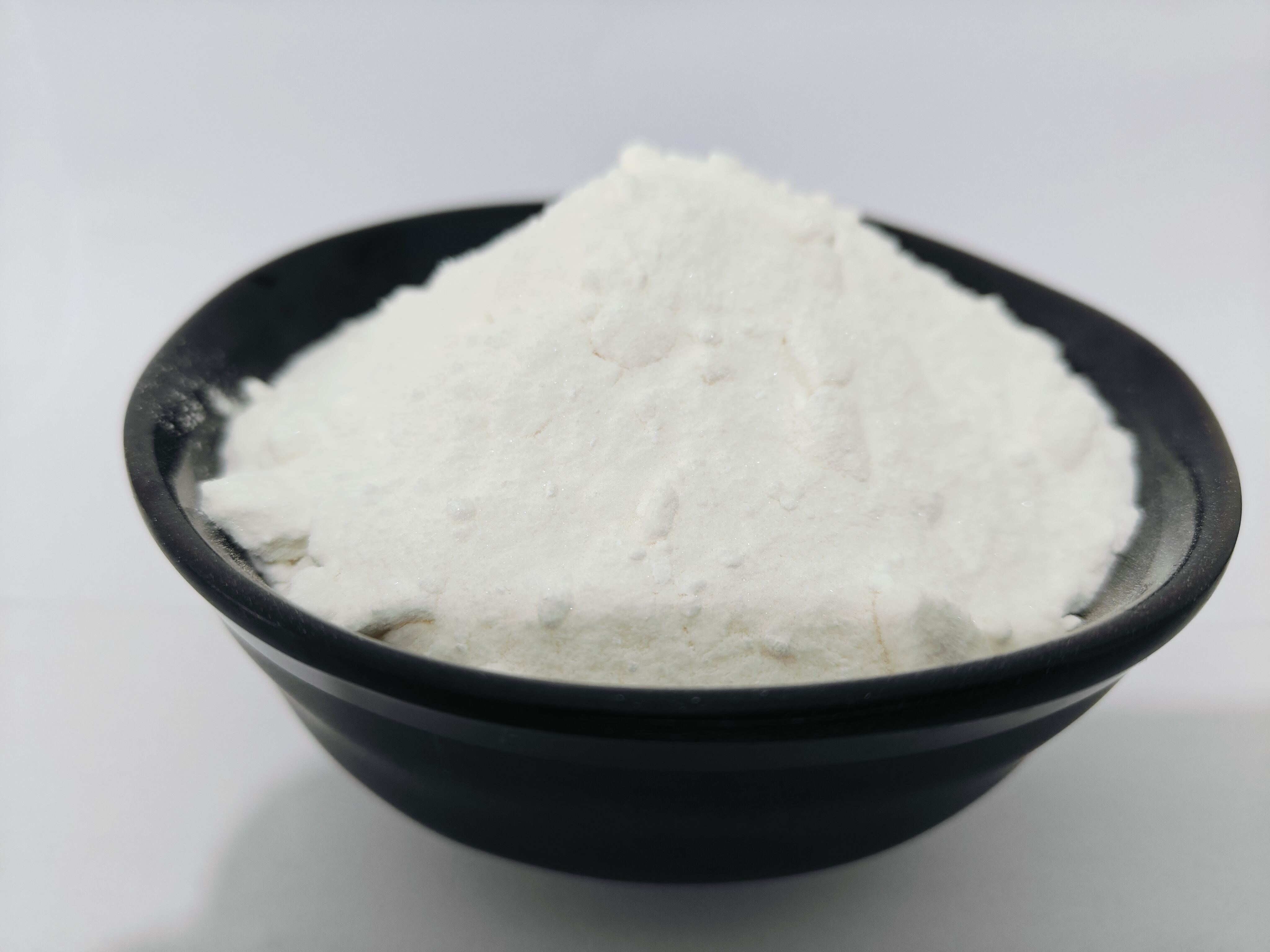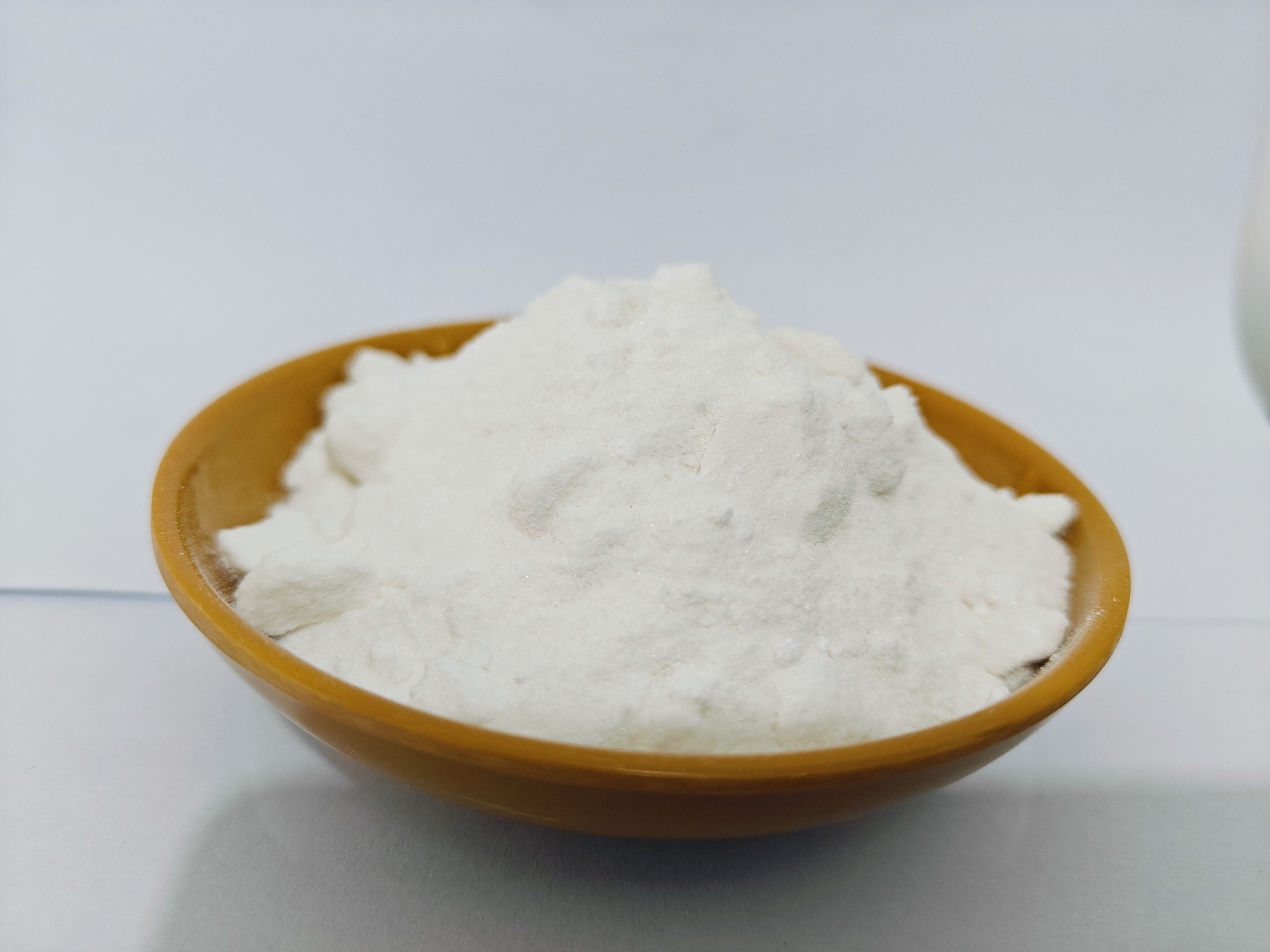dynamic viscoelasticity
Dynamic viscoelasticity represents a crucial property in materials science that describes how materials respond to applied forces over time, combining both viscous and elastic behaviors. This complex mechanical characteristic enables materials to exhibit time-dependent strain when subjected to stress, making it essential for numerous industrial applications. The technology measures and analyzes both the storage modulus, representing the elastic component, and the loss modulus, representing the viscous component, providing comprehensive insights into material behavior. Modern testing equipment utilizes sophisticated oscillatory techniques to evaluate these properties across various temperatures and frequencies, allowing for precise material characterization. The applications span across multiple industries, from polymer processing and rubber manufacturing to pharmaceutical development and cosmetic formulation. Dynamic viscoelastic testing helps engineers and scientists understand material behavior under real-world conditions, predict product performance, and optimize processing parameters. This property is particularly valuable in quality control processes, product development, and research applications where understanding material behavior under dynamic conditions is crucial for success.

